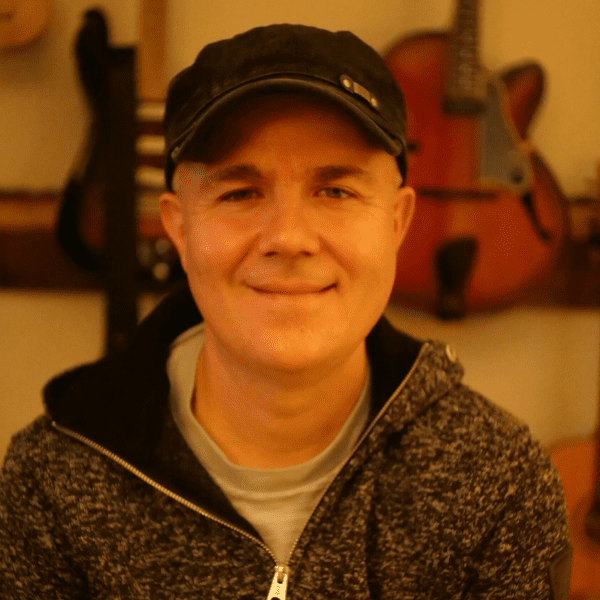Composing to me, is very much like telling a story, and I’ve found it really helpful to think of writing in this way. There is a beginning, a middle, and an end. Each musical idea might represent a character of the story which may appear and reappear at different times. Continuity is really important in tying the whole song together, otherwise it could end up sounding like a bunch of ideas crammed together with no real connection between them.
One great example of how to take a theme and develop it is in Beethoven’s fifth symphony. The opening motif dun dun dun daaaa…..dun dun dun daaaa. Beethoven uses that motif over and over again. He moves it around in different intervals in the main melody, and orchestrates the supporting melodies using the same motif as well…
Some people have this idea that writers often go out and look at a sunset and then come back and write a masterpiece. I’ve never had this experience yet, nor do I know of many musicians that work that way…lol. Most composers will tell you that the first 10% of writing is inspiration, and the next 90% is perspiration… in other words, it’s one thing to get an idea for a piece, but much harder to bring it to a completion. What blocks many writers (including myself) is that they want everything they write to be a masterpiece. They might come up with an idea and immediately say “this sucks” and discard it without trying to work with it. If you look at composing from the perspective of a sculptor, they start with a block of material that doesn’t look like anything to begin with. They slowly pick and chisel away at it, removing bits here, and shaving bits there….until the end result is a beautiful piece of art.
When I was in grades 6-8, I had an art teacher named Miss Burke. She would give the class a drawing assignment of some kind, and after doing so, she would walk around the room very quietly and peak over our shoulders to see how we were doing. I have no problem admitting that I was (and to this day still am) a terrible drawer. I would usually find myself restarting my drawing dozens of times before it resembled anything. When Miss Burke finally walked over to me and observed the scribblings I had made all over the page, she would reach over with her pencil and use all of my mistakes to make incredible little sketches. She could turn my scribblings into beautiful birds nests, or wild animals, cartoon figures, or landscapes. She could use every last mark that I put on the page and see it in such away that she could build around it because she had the ability to see things from a variety of different perspectives.
Sometimes my musical noodlings don’t sound like much initially. I usually write everything down and record it even if the idea is only a few notes. If I don’t see a way to develop an idea straight away, I may put it on the shelf for a while and come back to it later. Sometimes the song takes longer to reveal itself, but more and more I have become determined to bring every idea to a completion and explore it as fully as I can. There comes a point too where I have to decide that I’m finished the song and just let it go…otherwise I’d never finish anything.
Raw ideas (like the block a sculptor starts with) can always be tweaked, edited, and moulded and that’s what many people miss. One seemingly insignificant idea can become the foundation for an entire piece. Having a strong working knowledge of the musical language is also very helpful. Knowing how to harmonize and reharmonize melodies for example is a great tool for developing a song further. Having devices available for linking ideas together is also an invaluable tool. While there is no secret formula for doing this, what I do find is that when I know some options available to me to get to the next section, I have a place to start.
I recognize this is just part of my own (current) philosophy on writing. What makes a great piece to me will obviously be entirely different to someone else. For me, I want my songs to have a certain amount of melodic/harmonic precision and .to make every idea as strong as possible. Other writers might be more concerned about the emotional content of the song and how it’s delivered, and maybe a little less on the musical mechanics. Many great songs are simple I IV V chord progressions. They do sound good and are often very powerful, memorable songs. For me however, when the intellect and emotions come together, I think it can be a much more powerful statement. I say this to people who have this idea that if they actually sat down and studied music theory, their heads might explode and they would lose all their creativity. The knowledge can be used in any way imaginable, and if anything it should enhance your creativity. Sometimes players/writers hit a creative wall. That is to say they have gone as far as they can musically with what they know, and it’s difficult for them to progress beyond that point. Most great composers/players will say that because of their knowledge about harmony/rhythm/melody, it becomes really exciting because there is always something new to try.

